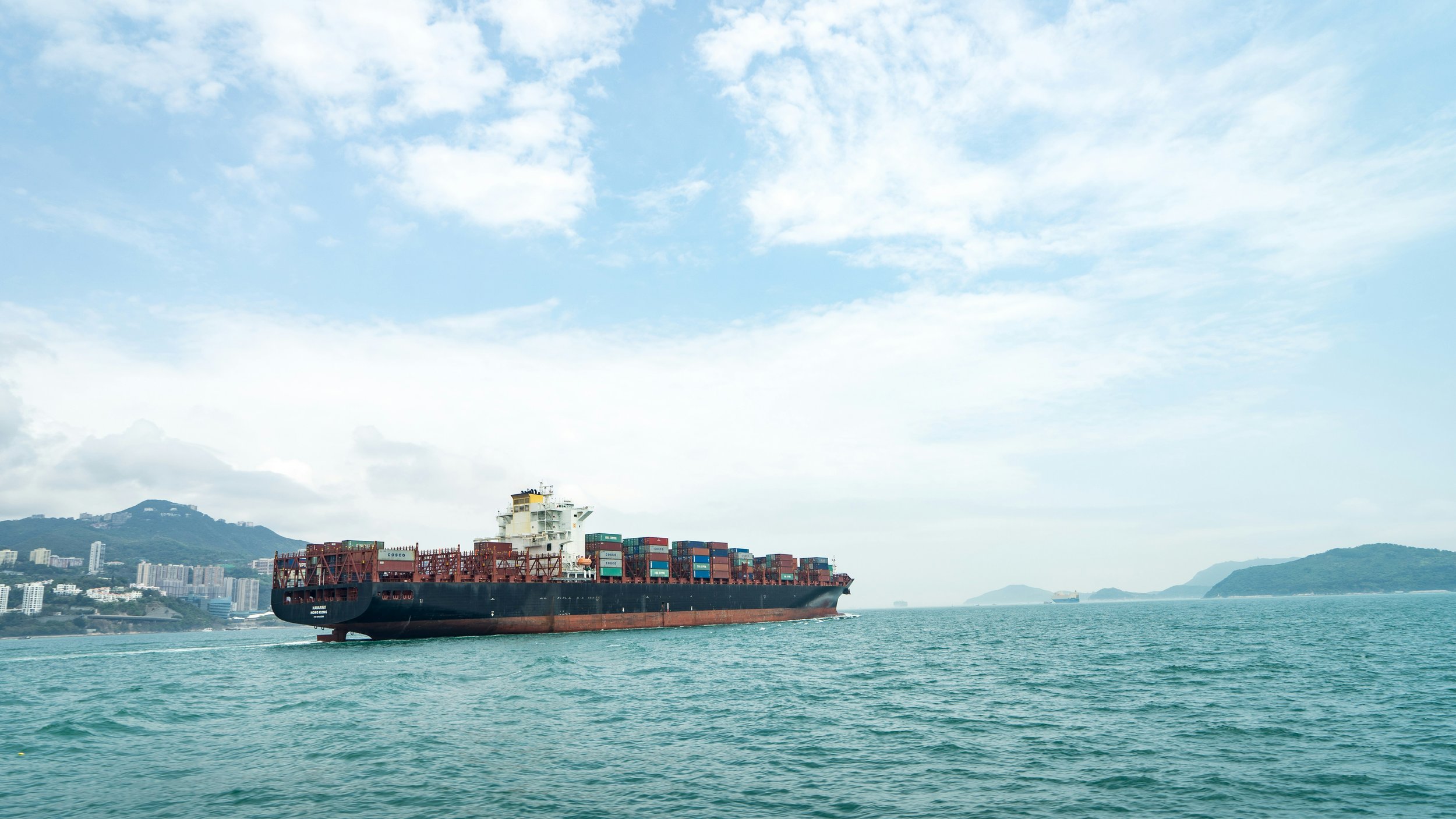
Singapore Strait vessel boardings surge
While other areas in Southeast Asia have seen a decline in thefts and armed robberies, vessels navigating the Singapore Strait continue to face an increase in boardings.
Security in Southeast Asian waters in the first half of this year has been marked by a sharp increase in armed robberies and thefts aboard vessels transiting the Singapore Strait. While piracy-related incidents elsewhere in the region have declined, boardings in the Strait have surged significantly compared to the same period in 2024.
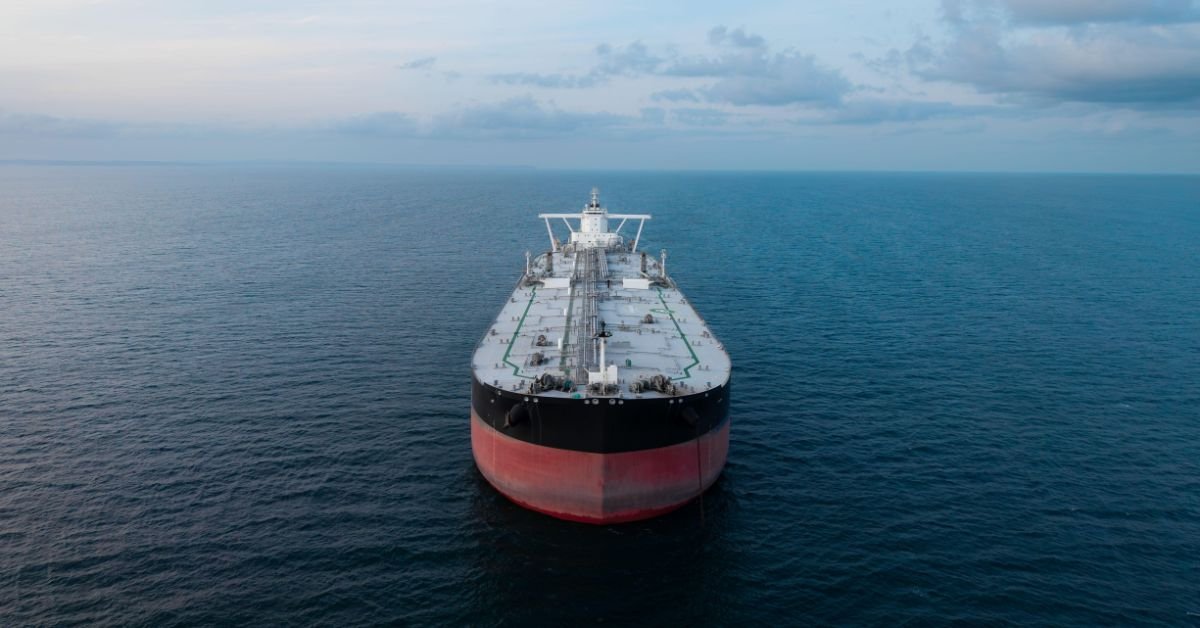
Iran’s last resort proves harder to activate than expected
For 12 days from 13 to 24 June, Israel and Iran traded ammunition with the US joining in at the last moment to strike Iranian nuclear facilities. Iran’s feeble retaliation did not include the closure of the Strait of Hormuz, long viewed as its “ultimate option”.
Vessels in the Gulf of Oman did adopt a holding pattern, with many hesitating to cross the Strait, but that was mostly for fear of collateral damage and navigational hazards. Did Iran lose a game of chicken with the US in threatening to close the Strait, did broader considerations prevent Iran from taking action, or was the threat to the Iranian regime not grave enough to justify the use of its last resort?

Cyberattacks against trucks: How cutting-edge technology created new risks for the supply chain operations
The adoption of smart technologies and the digitalisation of supply chains bring both opportunities and vulnerabilities. Whilst the use of technology enhances operational efficiency, it also exposes critical systems to increasingly sophisticated cyber threats.
Electronic Control Units (ECUs), and protocols that manage critical functions of vehicles are particularly vulnerable and can be remotely exploited to impact, for example, brakes and acceleration systems.

Terror strikes Pahalgam: How it affected maritime trade
Kashmir is a region fully claimed by both India and Pakistan, but each country only controls part of it following their partition after gaining independence from Britain in 1947. The two nations have fought two wars over the territory.
In recent years, militant attacks have further escalated tensions, pushing both countries to the brink of conflict. Since 1989, Indian-administered Kashmir has experienced an armed insurgency against Indian authority, with militants targeting both security forces and civilians.
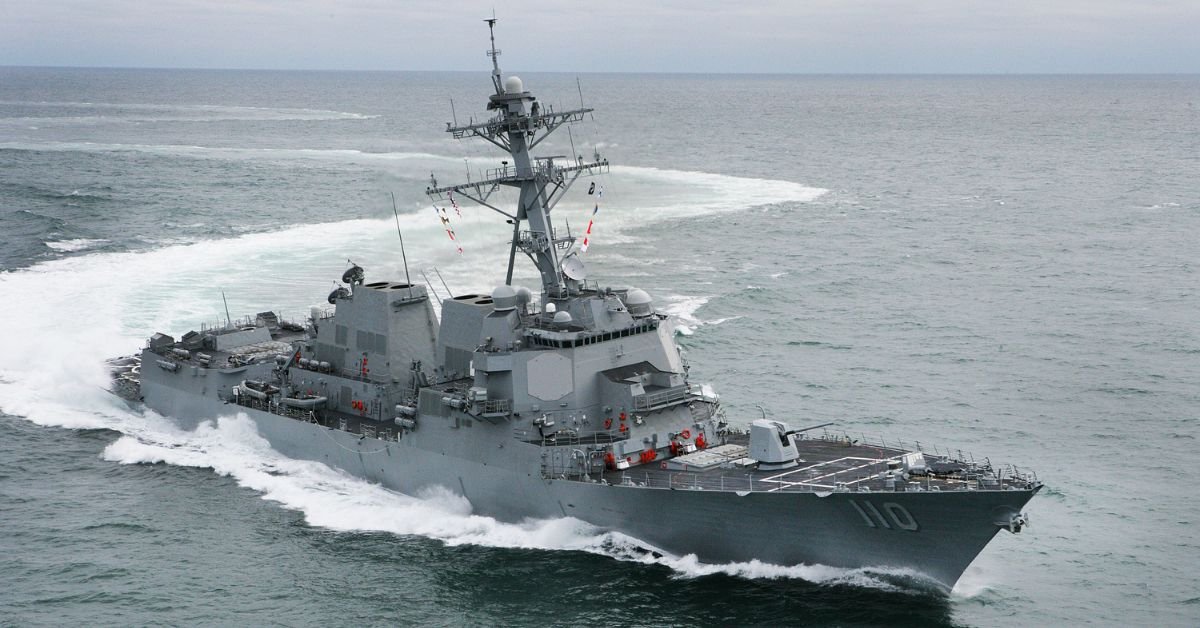
The designation of Mexican cartels as Foreign Terrorist Organisations: Strategic pressure or symbolic projection?
On 20 February the Trump administration designated at least 6 Mexican criminal organisations as Foreign Terrorist Organisations (FTOs). US officials raised concerns among Mexican and Latin American officials by publicly stating the US could take unilateral military action to combat Mexican cartels across the border.
These remarks triggered speculation on the possibility of aerial strikes on cartel infrastructure, most likely through the use of UAVs and from naval assets, mirroring the two-month-long bombing campaign in Yemen.
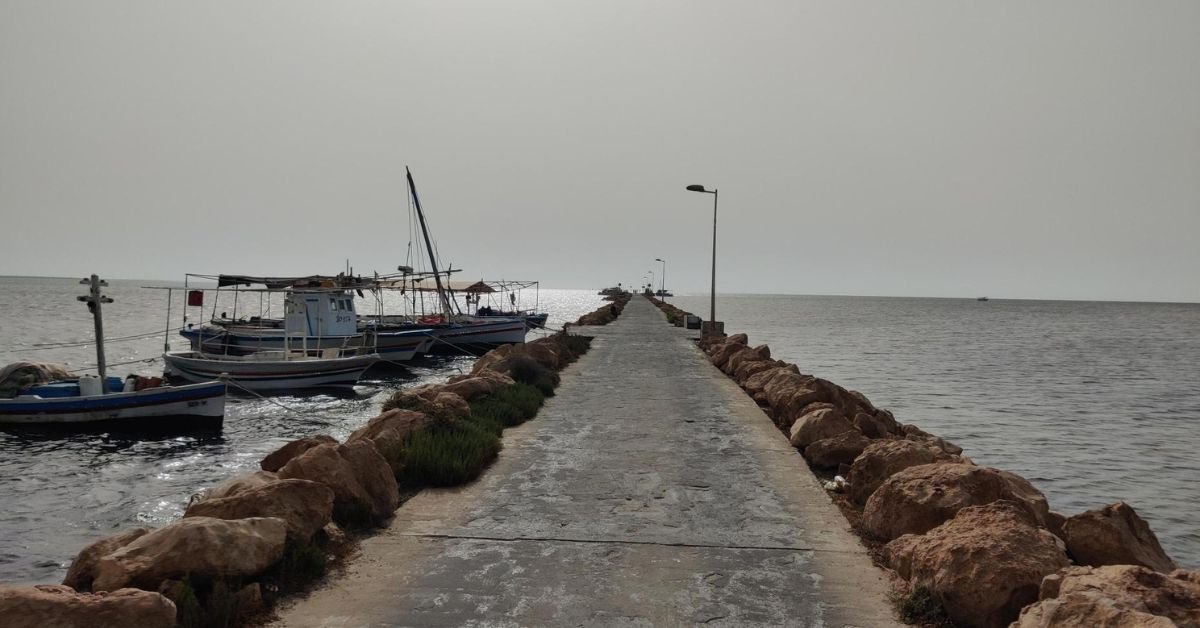
Libya’s next crisis?
On 12 May 2025, militia leader Al Kikli was gunned down with his bodyguard at a meeting in Tripoli. Al Kikli was goaded to the meeting by western Libya’s Minister of Interior Trabulsi and his brother, himself a militia leader, to hash out turf fights and political disputes.
Militias swiftly moved in on Al Kikli’s turf, seizing businesses and buildings occupied by his men. There were few casualties but much unease, as Prime Minister (PM) Dbeiba attempted to dissolve other hostile militias and consolidate his rule. He notably targeted the SDF, in control of the port, which was looted in the ensuing confusion, then temporarily closed and re-opened since.

Breaking the (supply) chain: The growing security threats behind Europe’s logistics
As the European logistics network becomes ever-more important, its vulnerability to targeted disruptions from various actors grows. These threats, ranging from theft and criminal infiltration to sabotage, highlight the need to shift toward more proactive, intelligence-led strategies to secure critical infrastructure and maintain supply chain resilience.
As logistics systems grow more interconnected, and state and non-state threat actors alike leverage the complexity of the supply chain to conduct targeted operations, there is an urgent need for a proactive, intelligence-led approach to detecting, disrupting, and deterring hostile infiltration into these vital networks.
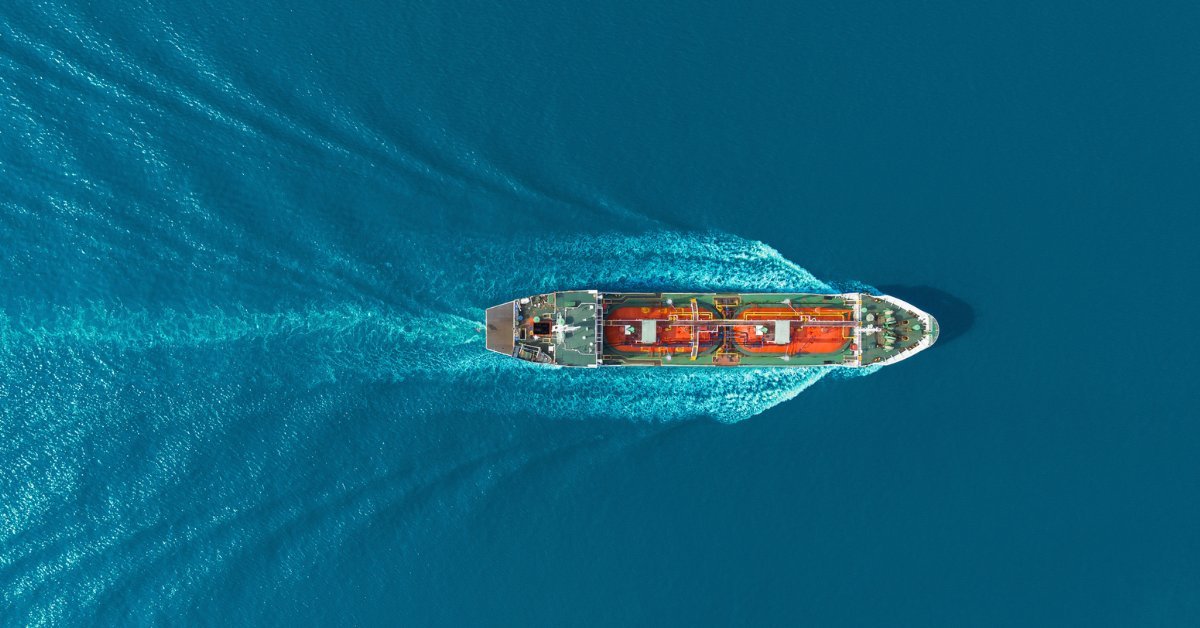
Iran’s nuclear ambitions and oil exports: the sunset clause and potential “snapback” of European sanctions
Sanctions on Iran have historically impacted its oil industry and financial sector. With the upcoming JCPOA sunset clause and the current US campaign of "maximum pressure," the US - Iran nuclear negotiations are critical.
Along with potential reinstatement of EU restrictions, the outcome of the deal could lead to an increase in sanctions against Tehran, expanding the list of targeted companies and further hindering the Iranian economy and its oil exports.
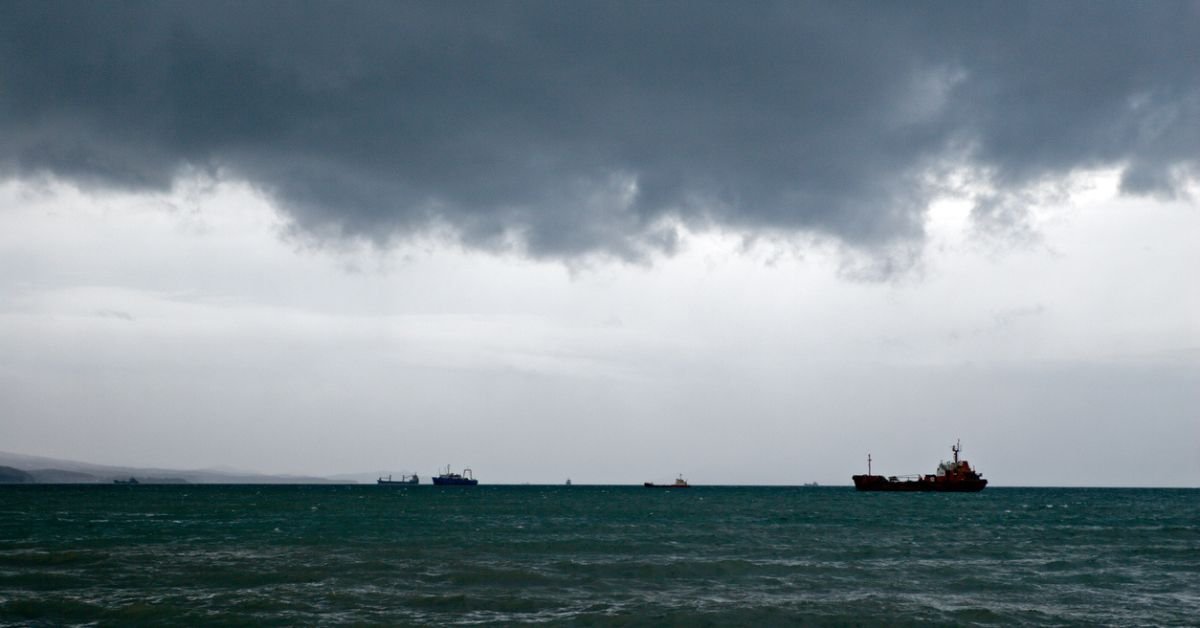
To ceasefire or not to ceasefire?
Since taking office, President Trump has instructed his new administration to focus on “stopping the killing” in Ukraine. However, although there has been intensified diplomatic activity attempting to establish various forms of agreements, these have not yet managed to provide any actual ceasefire on the ground or in the Black Sea.
The new Trump administration has shifted US policy from focussing on funding and supporting Ukraine against the Russian invasion, to focussing on attempting to force an end to the war: by scaling back or withholding support, and pressuring Ukraine to agree to the various ceasefire proposals promoted by the US.

Israel's breach of the ceasefire: what are the maritime and port consequences?
The resumption of Israeli air strikes on 18 March marked the end of the fragile ceasefire of January 2025. To date, the main threat to Israel has been from ballistic missiles, which the Houthis have launched on several occasions, albeit more symbolically than operationally.
Although several rockets have been launched from Gaza and Lebanon, none of the three Israeli ports on the Mediterranean coast has been targeted, either by Hamas or by Hezbollah.
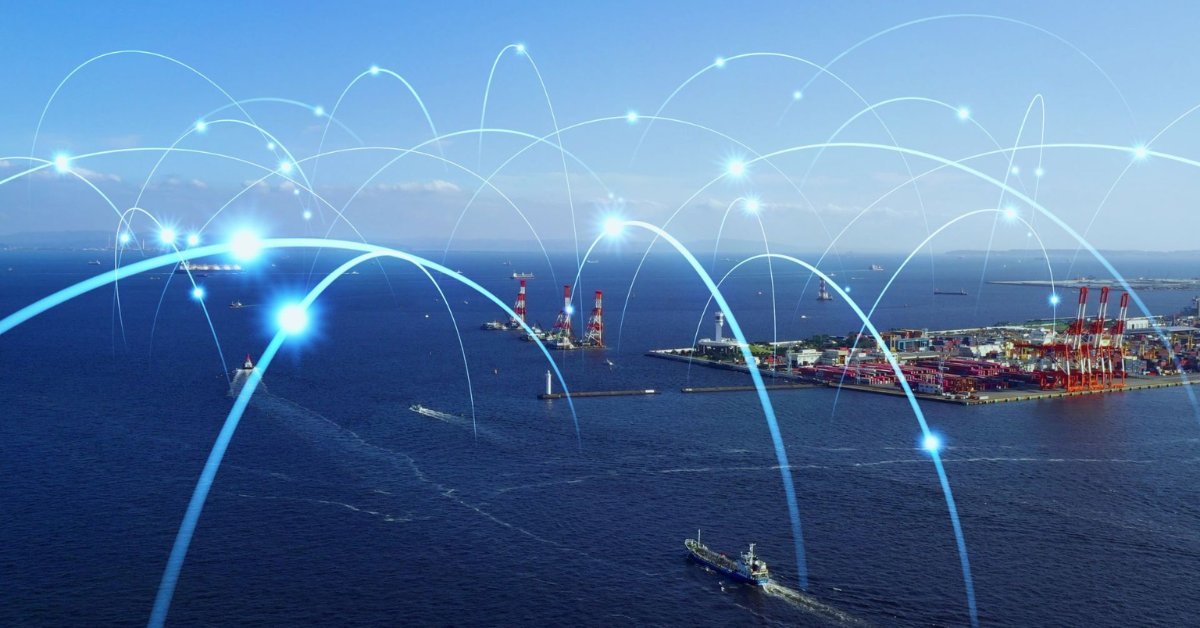
The hybrid ceasefire: A persistent threat in the Black Sea
A ceasefire in Ukraine and the Black Sea could be undermined by Russian hybrid warfare due to the likely limited scope and uncertain conditions of a ceasefire agreement. Hybrid warfare tactics, such as cyberattacks, sabotage, and disinformation campaigns, can continue to target critical infrastructure even during a ceasefire.
While generally covering old concepts in international adversarial competition, “hybrid” warfare/activities/tactics is a term that has been increasingly used to explain some tactics related to modern warfare.
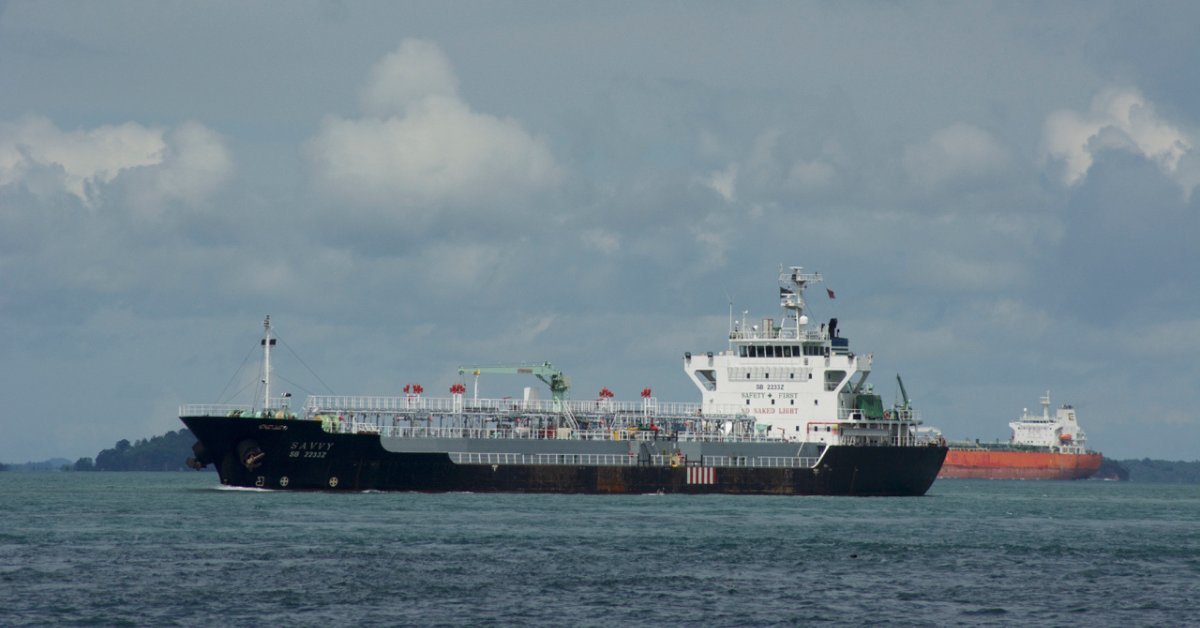
Has South East Asia’s surge in boardings increased the threat?
Through the lens of pure statistics, a 500% increase in the number of reported vessel boardings during transits of the Singapore Strait for the period from 01 November 2024 to 28 February 2025 as compared with the same four months in 2023 and 2024 could be taken as an alarming surge creating significant consequences for the safety of seafarers and cargo ships.
Similar concerns could be triggered when it is revealed that during 2024, 57% of the world’s reported maritime security incidents affecting cargo vessels took place in the waters of South East Asia.

Iran’s regional foreign policy has been upended, but shipping is still a geopolitical lever
After a series of upsets, Iran’s geopolitical situation is precarious. The policy favoured by Tehran’s hardliners, namely militarising the “Shi’ite crescent” to project power and create deterrence, has been upended.
Iran’s main proxy Hezbollah, built up over four decades, has been bested by Israel, and failed to mount significant resistance to the Israeli invasion in Lebanon in October 2024. Likewise, Iran’s long-term ally Bashar Al Assad has fled Damascus, as none of his allies (including Iran) were able or willing to fight further on his behalf.

South Korea announces policy shift amid North Korea's continued missile tests
With South Korea scaling back its anti-North Korea focus and North Korea conducting two missile tests since the start of the year, these developments highlight the ongoing tensions and political shifts in the region.
Recent developments on the Korean Peninsula have drawn significant international attention. In December 2024, President Yoon Suk Yeol declared martial law in South Korea citing "anti-state activities" and "threats posed by North Korea" as the primary reasons.
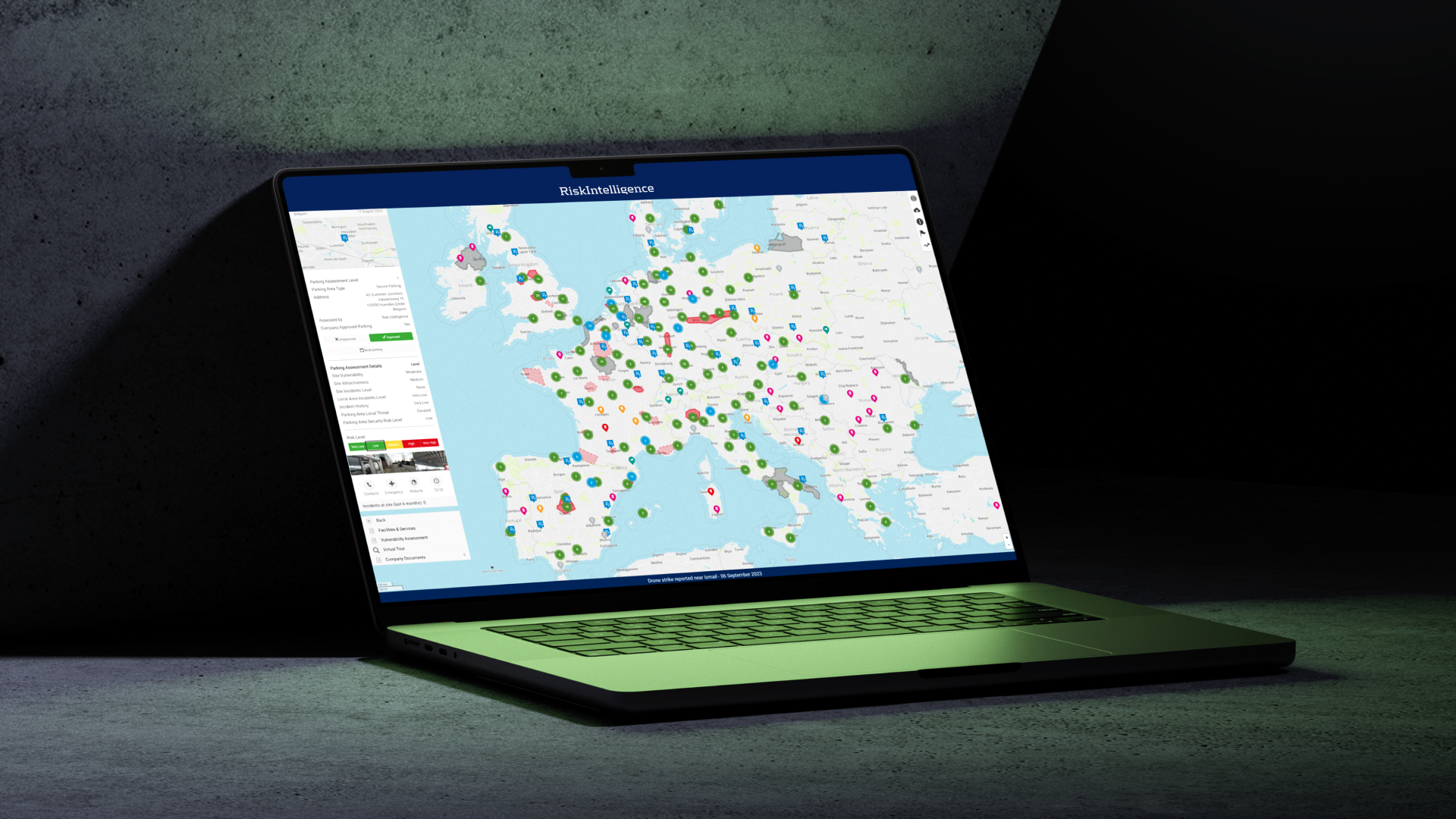
LandRisk 2024 Annual Incident Trends Report: Supply Chain Security in a Shifting World
The upsurge of incidents recorded on the LandRisk System across Europe in 2024 raises many questions on the evolution of threats and threat actors directly targeting or likely to indirectly cause disruptions to supply chain operations in the upcoming year.
This briefing concisely reflects on the rise of criminal activities, the social unrest, and the geopolitical tensions which impacted European supply chain operations throughout 2024.
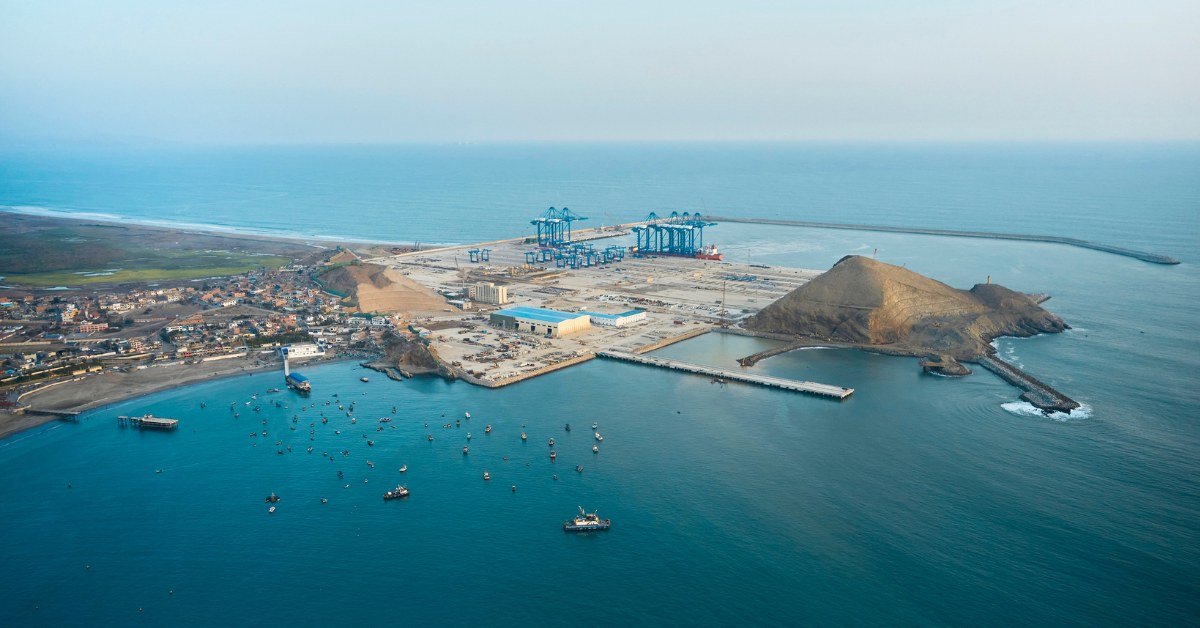
Balancing economic promise with concerns about organised crime and geopolitical tensions in Chancay, Latin America’s new mega-port
The infrastructure project is expected to continue leading to excessive claims of a looming threat, while inserting itself into the agenda of incoming US president Donald Trump. What is mostly certain is that the area is not going to be torn apart by organised crime in the short term and there is plenty of time to design proper guardrails.
Expected to handle five million TEUs annually, the fully automated mega-port of Chancay in Peru is set to become Latin America’s most important and efficient seaport.
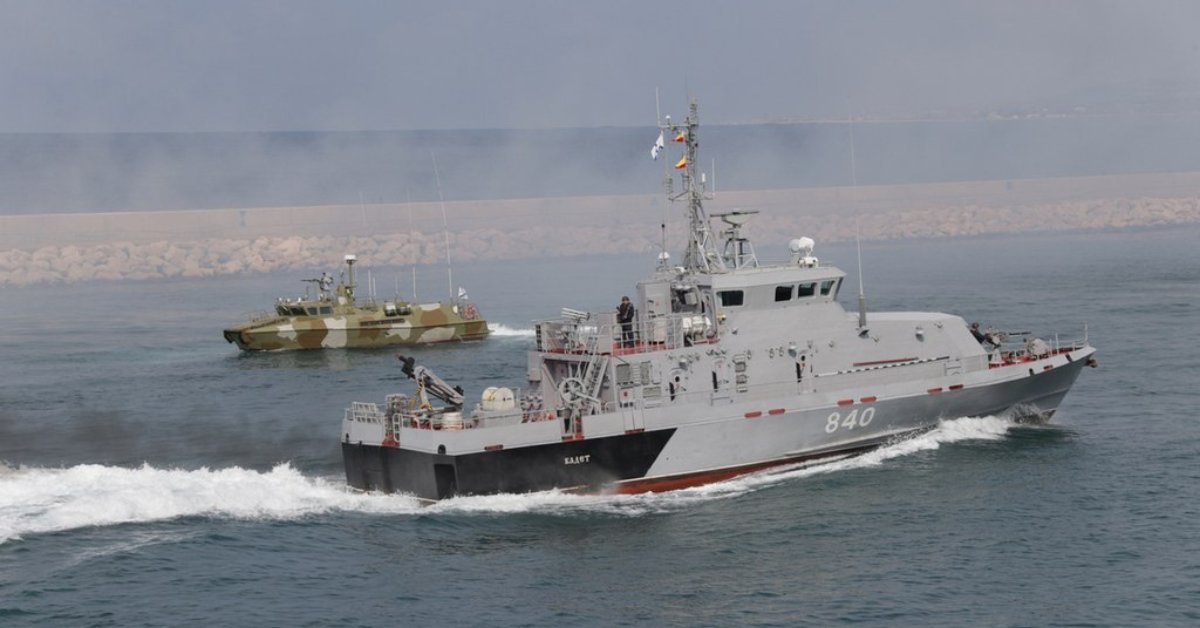
The fall of the Bashar al-Assad regime: what are the maritime and naval implications?
In a regional context that has already been particularly tense since 7 October 2023, the lightning fall of Bashar al-Assad's regime adds to the uncertainty. While the maritime and port repercussions remain uncertain at this stage, the fall of the regime will most likely have naval implications and affect the balance of power in the eastern Mediterranean.
Against a backdrop of profound geopolitical upheaval since the attacks of 7 October 2023, the fall of the Syrian regime is helping to redraw the map of the Middle East.

Are the policy winds changing in the Black Sea?
At the start of 2024 it was often mused that it would be a year of waiting, due to a multitude of factors. Waiting for the outcome of the many elections around the world that might determine any degree of future support for Ukraine.
Waiting to see the capacities of both the Ukrainian and the Russian forces, and their ability to continue their respective military operations – with forces that were not expected to see much replenishment, in personnel and equipment, until 2025.

Why ChatGPT is not an intelligence analyst?
While AI models like ChatGPT demonstrate impressive capabilities in natural language processing and generating human-like text, their application in intelligence analysis is fundamentally limited.
This briefing explains why ChatGPT and similar large language models (LLMs) are unsuitable for intelligence analysis, emphasising the differences between human analytical processes, as conducted by Risk Intelligence, and LLM capabilities.

#BlockTheBoats: Increasing impacts of activism on shipping operations
Renewed protests over shipping to Israel led to multiple vessels being denied port access globally. The KATHRIN’s journey in the past months highlights how activism can impact operations, with broader geopolitical factors suggesting this trend will continue.
Activists online alleged the cargo vessel was carrying explosives bound for Israel and tracked the ship using open-source data. At the end of its voyage, it likely stopped in Egypt, then continued to Türkiye, where activists boarded the ship in protest.
